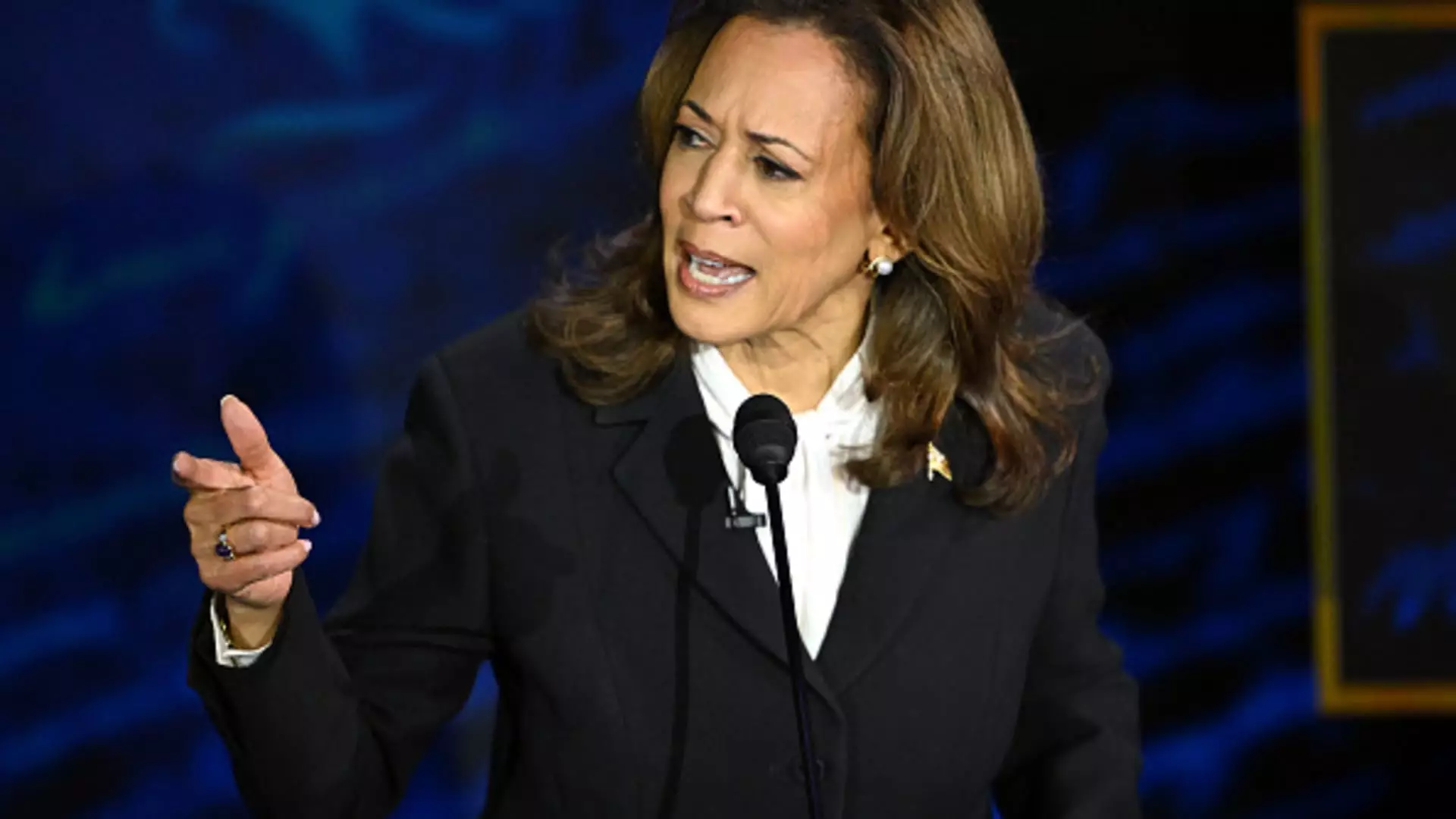During the recent presidential debate between Donald Trump and Kamala Harris, Trump defended his strong stance on China by vowing to increase trade duties. He proposed blanket tariffs ranging from 10% to 20% and additional tariffs of 60% to 100% on Chinese goods. Trump emphasized that other countries owe the United States for its contributions to the world over the past 75 years, and it was time for them to pay up. He boasted about the billions of dollars his administration had collected from China through tariffs. Additionally, Trump criticized the Biden-Harris administration for maintaining most of his tariffs on China, claiming that removing them would disrupt their plans.
On the other hand, Kamala Harris took the opportunity during the debate to criticize Trump’s approach to China. She argued that the Trump administration’s policies had resulted in a trade deficit, which she considered one of the highest in American history. Harris accused Trump of being too lenient on China, suggesting that he had facilitated the modernization of China’s military by selling American chips to them. She expressed her belief that the focus of U.S. policy towards China should be on ensuring American dominance in the 21st century through investments in technology and support for the American workforce.
Economists and policy experts have speculated on the potential future policies of both Trump and Harris regarding China. They suggested that Trump, in a second term, would likely continue his strategy of imposing heavy trade tariffs on Chinese goods. On the other hand, Harris is expected to adopt a more targeted approach, working closely with U.S. allies to enforce restrictions on China. This difference in approach reflects the broader ideological divide between the two political figures when it comes to handling China.
Overall, the debate highlighted contrasting views on how to address China’s economic and military influence. Trump’s aggressive tariff policies were defended as necessary to hold China accountable and protect American interests. In contrast, Harris criticized Trump for what she perceived as a weak stance on China and advocated for a more strategic approach that focuses on technological innovation and international alliances. The future direction of U.S. policy towards China will likely depend on the outcome of the upcoming election and which candidate’s vision ultimately prevails.



Leave a Reply